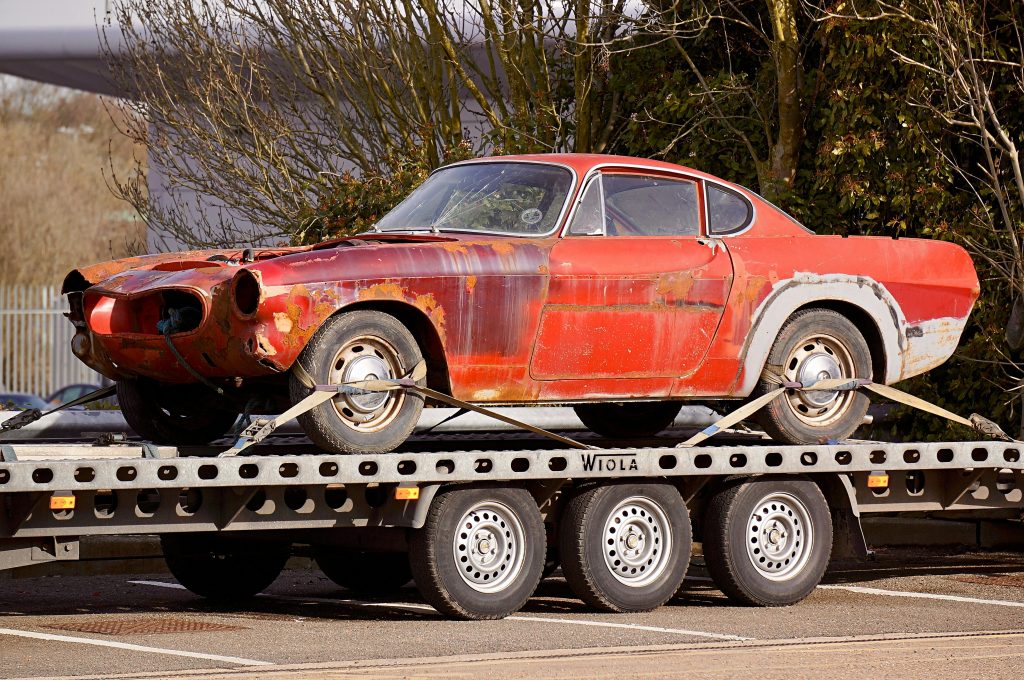Towing and carrying heavy loads are activities that require precision, safety, and the right tools for the job. A miscalculation or choosing the wrong piece of equipment can lead to costly accidents and downtime. It’s crucial for towing companies to understand that investment in heavy-duty equipment is not just about spending money; it’s about ensuring the success and safety of their operations.
In this article, we will discuss the importance of selecting the right equipment for towing and carrying, as well as some tips on how to make the best choice.
Understanding Your Heavy Duty Needs
The world of towing and carrying is vast, and it’s critical to start with a clear understanding of what you need before you start looking at solutions. Different units of heavy-duty equipment serve various purposes, and each comes with its unique strengths and vulnerabilities.
Breakdown of Tow Trucks
Tow trucks, the workhorses of roadside assistance, come in several varieties – each serving a specific function. From conventional tow trucks used for light to medium duty towing to flatbeds and integrated towing vehicles designed for the secure transport of more specialized or delicate cargo, understanding the capabilities of each truck can significantly enhance your service quality.
Trailers and Specialized Carriers
When another vehicle is involved, choosing the right trailer or carrier is just as important as selecting the tow truck. With various types of trailers, such as gooseneck, fifth-wheel, and traditional bumper pull designs, the process of transporting vehicles or cargo over long distances can be done efficiently with the proper carrier.
Emergency Roadside Assistance
While many towing companies specialize in hauling cars, trailers, and boats to various destinations, some focus on providing emergency roadside assistance. These specialized services require a different set of tools and equipment like air lift airbags to ensure that vehicles can be safely rescued and serviced on the spot.
Factors to Weigh When Choosing Your Equipment
Selecting heavy-duty equipment isn’t just about picking the largest or most expensive option. It’s a calculated decision that should factor in key considerations to ensure your business’s long-term success and adherence to industry regulations.
Payload and Towing Capacities
The towing and carrying needs of every operation are different, and it’s essential to choose equipment that can meet or exceed these requirements without being excessive, unnecessarily inflating costs or fuel consumption.
Durability and Lifecycle Costs
Investing in heavy-duty solutions means investing in longevity. Look for equipment built to withstand the rigors of constant use, and aim for a balance between purchase price and ongoing maintenance to manage lifecycle costs effectively.
Regulatory Compliance
The rules and regulations concerning the weight, dimension, and type of cargo and vehicles that can be towed or carried are strict and numerous. Your equipment selection must align with these to avoid legal penalties and ensure safety.
Innovations Shaping the Future of Heavy Duty Solutions
The industry is not static, and technological advancements are continuously shaping the field. Anticipating these changes can position your towing company as an innovator.
Telematics and Remote Diagnostics
Integrating technology into your fleet can provide real-time data on vehicle health and utilization, leading to predictive maintenance and optimized performance.
Electric and Autonomous Vehicles
The rise of electric and autonomous vehicles calls for new towing and carrying solutions. Staying ahead means being prepared for these shifts.
Conclusion
Selecting the right heavy-duty equipment for towing and carrying is a foundational step in ensuring your business achieves its full potential. Educating yourself on the variety of options, considering essential factors, learning from experiences, and staying attuned to industry trends can all play a part in making the right choices.
Ready to upgrade your towing capabilities? Get in touch with industry experts to guide you through this process. Remember, the road to success is paved with the right heavy-duty gear.



